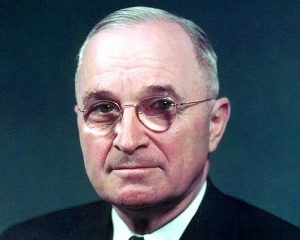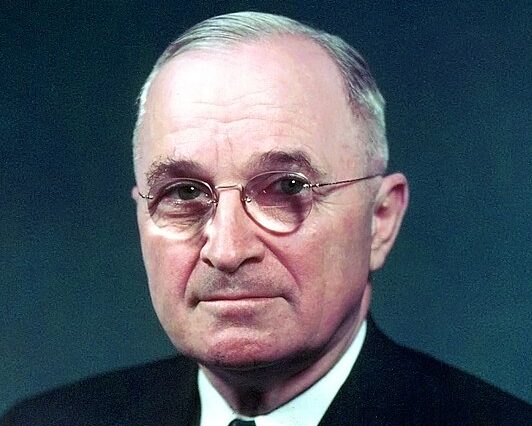
The Medrash tells us that Bilaam was a prophet, that Hashem, G-d, spoke with him. No one, however, came closer to Hashem thanks to hearing Bilaam’s prophecy. All the Jewish prophets, and of course Moshe himself, caused people to turn to Hashem, but Bilaam was an utter failure in this regard. He knew Hashem was real, because Bilaam was a prophet, he spoke with Hashem and Hashem spoke back to him. But Bilaam was unable to get anyone else to abandon idolatry and follow Hashem.
On the contrary, Balak, king of Moav, used Bilaam as a tool! “Come, I need you to curse the Jews for me, in the name of Hashem.” And then Balak went right back to worshiping his idols. So what was the difference?
Of course, we can blame the audience. The Children of Israel witnessed the revelation of the Divine Presence at Sinai. All of them, to that extent, were prophets themselves, while Bilaam was a prophet to people steeped in idolatry. But there was a fundamental difference between Bilaam and Moshe which we cannot overlook. Bilaam cannot redirect all the blame to others.
Bilaam, as we see, wanted the glory. Even to Hashem, Bilaam bragged about the fact that Balak, King of Moav, needed him and had sent representatives to him. And when Balak refused to take no for an answer, and sent a larger delegation of higher-ranking princes, Bilaam didn’t simply say no meant no—he, like Balak, hoped Hashem would reconsider, so he could do a mission for King Balak himself.
Moshe was just the opposite: the Torah describes him as “more humble than any man” [Numbers 12:3]. He was uninterested in honor, and had to be forced into leadership by Hashem himself.
In fact, twice in this reading (23:4 and 16), the Torah says that Hashem “happened upon” Bilaam, speaking to him as if they happened to meet. But Hashem called to Moshe, indicating a direct address, with respect and endearment.
In Hebrew, the word for “happened upon,” Vayakar, and “called,” Vayikra, differ only in the letter Aleph at the end of the latter. And the Medrash says it was Moshe’s deliberate choice to minimize the letter Aleph in the word Vayikra, appearing as the first word (and the name of) the third book of the Torah (Leviticus), when Hashem called to Moshe.
The Sages teach that “one who runs after honor, honor flees from him, but one who flees from honor, honor pursues him” (see Talmud Eruvin 13b). Bilaam and Moshe are examples of this concept. Moshe, who was very humble, was successful where Bilaam the bragger was not.
This is a lesson we can apply in many ways, throughout our lives. Take it from Harry S. Truman, the humble man who became President, and who returned to his home in Independence, Missouri afterwards: “it is amazing what you can accomplish if you do not care who gets the credit!”


